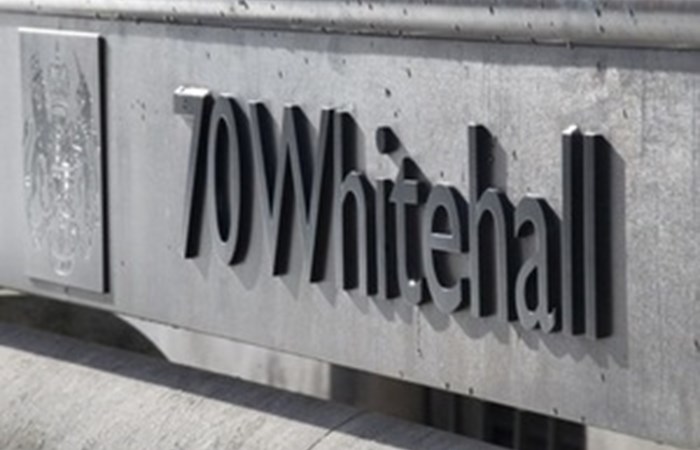Cabinet Office

The UK is hosting the first summit of a new global network called D5 on 9 to 10 December 2014. The founding members are United Kingdom, Estonia, Israel, New Zealand and South Korea.
For an overview of digital government in the UK, see 7 reasons why the UK is a D5 world leader in digital public services.
Estonia
Thanks to a partnership between a forward-thinking government, a thriving ICT industry and a tech-savvy population, Estonia is emerging as one of the most advanced digital countries in the world.
Estonians can do many things digitally, including signatures, voting, tax returns and company registration. The government uses digital for efficient paperless decision-making, a nationwide health records system and a nationwide police computer system. These have been made possible by a strong national digital infrastructure and ensuring cyber security and freedoms online.
Visit e-estonia.
Israel
The Israeli government is changing the way it provides essential services to its citizens through the Digital Israel initiative. This initiative promotes:
- the use of digital services in the public sector, in important areas such as education, healthcare and welfare
- the use of digital technology in business, particularly by small and medium sized businesses
Digital Israel is also about using IT for better interaction between government and people, growing the economy and improving social welfare. The Israeli fibre-optic communication project will give the country one of the worlds most advanced broadband networks, giving Israeli households and businesses access to superfast internet.
New Zealand
The New Zealand government is using ICT to radically transform and improve public services. The government has launched an All-of-Government ICT Strategy and Action Plan and have signed a Partnership for Open Government. It is also investing in an ultra-fast broadband network across the country.
The New Zealand government has set up processes to make that sure all ICT investments:
- are cost-effective
- are fit for purpose
- provide information privacy and security
A government-shared ICT service offers 14 products used by more than 140 government agencies, and is making savings of more than $130 million across the countrys public sector. The aim is that by 2017, New Zealanders will be able to complete around 70% of the most common government transactions digitally.
South Korea
The Republic of Korea has created the concept of Government 3.0 as a new model for providing public services. Under Government 3.0, the government will provide personalised digital services. Government 3.0 also aims to support new jobs by opening up and removing barriers to sharing public information among government agencies and municipalities.
Learn more about e-Government in South Korea.
